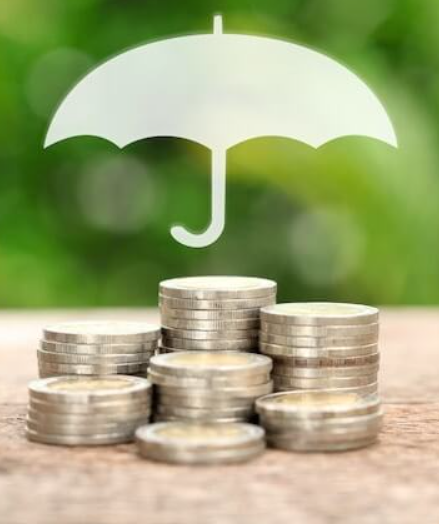If your paycheck suddenly stopped coming, how would you manage? How would you pay for necessities like groceries, rent, childcare, and transportation? This is the reality many federal workers are facing due to the ongoing government shutdown, which serves as a clear example of why everyone needs an emergency fund.
In the midst of political gridlock, many federal employees are left either out of work or working without pay. This has caused significant financial strain, and some workers have been forced to sell belongings or max out credit cards just to make ends meet. With no end in sight for the shutdown, many are anxiously anticipating the inability to pay bills or cover basic expenses.
The situation highlights the importance of preparing for unforeseen events that can affect your income. While it may seem like a distant concern, a sudden lapse in pay can throw even the most stable household into financial turmoil.
The Struggles Caused by the Shutdown
As we watch the government shutdown continue, it’s clear that the impact is far-reaching. News outlets are covering the struggles of federal employees, and the stories are deeply concerning. Many are having to take drastic measures, like selling their possessions or relying on credit, just to pay for their day-to-day needs.
What’s more alarming is the fact that these workers are only a small part of a much larger issue. For many, living paycheck-to-paycheck means that any disruption in income can quickly lead to a crisis. The government shutdown, while extreme, is simply a reminder of how easily financial stability can be upended when there’s no buffer in place.
The Reality of Living Paycheck to Paycheck
Unfortunately, the situation many federal workers find themselves in is all too common. Studies, like the one from Northwestern Mutual in 2018, show that nearly half of Americans are worried about their financial future. A large portion of the population is carrying significant debt, and many have little to no savings. In fact, 21% of Americans have no retirement savings at all, and many others are living with little emergency savings.
This data reveals a concerning trend: Americans are often spending every dollar they make, with little thought given to saving for emergencies or future needs. Without an emergency fund, even a small disruption—like a missed paycheck or an unexpected medical bill—can cause major financial stress.
The Danger of Living on the Edge
When you live paycheck-to-paycheck, it leaves you vulnerable. A single missed paycheck, even for a short period, can lead to mounting bills, late fees, and increased debt. Many people, when faced with a financial gap, resort to using credit cards or loans, which only worsens the situation. The high interest rates and fees can quickly add up, making it even harder to get back on track.
The longer you go without financial stability, the harder it becomes to dig yourself out. It’s not just about the inconvenience of missing a payment; it’s about the long-term impact on your credit and your ability to build wealth.
The Shutdown Could Happen to Anyone
While the government shutdown is affecting federal employees, this situation could easily happen to anyone. Job layoffs, company closures, and unexpected health issues can all cause an income gap. If you live paycheck-to-paycheck, you are at risk. If your job were to be eliminated tomorrow, would you have enough savings to cover your bills until you found a new job?
Unfortunately, many people don’t think about this until it’s too late. Without an emergency fund, the only options available are to rely on credit or hope that something comes through to fill the gap.
Why You Need an Emergency Fund
The lesson from the shutdown is clear: you need an emergency fund. It doesn’t matter how stable your job seems or how secure your income may be; having savings set aside for unexpected events is critical. With an emergency fund, you can weather the storm when you experience a disruption in income, whether from job loss, medical issues, or other emergencies.
Experts recommend having three to six months of living expenses saved in your emergency fund. However, if that goal feels overwhelming, don’t let it stop you from saving. Even having a few thousand dollars set aside is a great start. The key is to begin building your fund as soon as possible and to keep saving consistently.
How to Start Saving
If you’re unsure where to start, it’s helpful to choose a savings account that offers a competitive interest rate. Many online banks offer higher interest rates than traditional banks. For instance, CIT Bank offers a savings account with 1.00% APY for accounts with as little as $100 monthly deposits. This can help your savings grow over time without the need for a large starting balance.
Start by setting aside a small amount each month. Even $50 or $100 a month is a good beginning, and over time, it will add up. The important thing is to make saving a habit.
Final Thoughts
The government shutdown is a wake-up call for all of us. It shows how quickly financial stability can be shaken, and how essential it is to have an emergency fund in place. If you’re living paycheck-to-paycheck or don’t have a safety net, now is the time to start preparing. By building your emergency savings and reducing debt, you can protect yourself from the unexpected and avoid falling into a financial crisis when life throws you a curveball.

发表回复